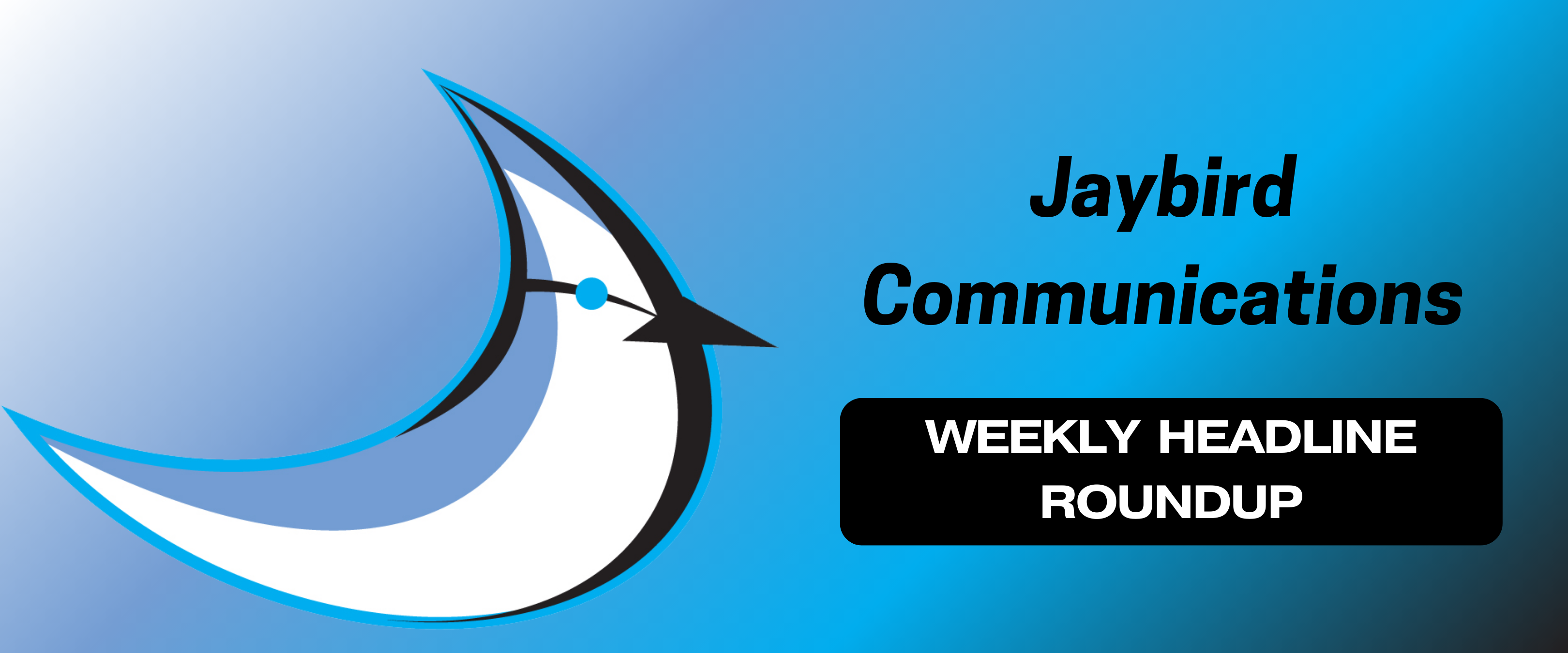Welcome to our Weekly Headline Roundup!
This week, we’re looking at the latest earnings reports, new partnerships, industry hires, fandoms, billionaires, and more.

Spotify Easily Bests Its Competitors in Listening Time, But Is Overall Engagement Growing? It’s Complicated
Spotify gets more engagement — much more — than its competitors in the music subscription space.
– Glenn Peoples, Billboard
In the second quarter of 2024, the average Spotify Premium listener spent 4.9 hours per week listening to music, according to a MusicWatch survey of U.S. consumers that excluded time spent listening to podcasts and audiobooks. That easily bested Apple Music (2.3 hours), Amazon Music Unlimited (2.0 hours) and Amazon Prime (1.3 hours). These ratios have been fairly consistent over the past five years, with Spotify having an approximately 2.0 to 2.5-times advantage over its nearest competitor.

Ole Obermann and Rachel Newman named Co-Heads, Apple Music
MBW understands that Obermann has taken up a joint leadership position at Apple Music alongside Rachel Newman as the new Co-Heads, Apple Music, reporting into Oliver Schusser.
– Murray Stassen, Music Business Worldwide
According to an internal announcement sent out this afternoon, and obtained by MBW, as the new Co-Heads, Apple Music, Obermann and Newman will help “lead the service into its next phase”.

Luminate-Epic Games Deal Brings Gaming Music Metrics Into Focus
Luminate has announced a new partnership with Epic Games that will see the entertainment data company begin tracking music usage from Fortnite’s Jam Tracks inside its Connect platform, marking a notable shift in how the music industry monitors fan engagement across gaming platforms.
– Jessica Lynch, Billboard
Announced Wednesday (April 30), the agreement adds Fortnite Jam Tracks to Luminate’s growing “Interactive On-Demand” category, offering labels, managers, and rights holders deeper insight into how music is being experienced and consumed inside Epic Games’ massively popular title.

Björn Ulvaeus tells British lawmakers that the “AI revolution” will be positive, but only if creator rights are respected
ABBA’s Björn Ulvaeus this week told UK lawmakers that the “AI revolution” could be “the best revolution that the creative industries have faced”, but only if AI companies embrace a “mutually-respecting partnership” with creators. And that requires politicians to resist the push by “profit-seeking tech companies” to weaken copyright law.
– Chris Cooke, Complete Music Update
Ulvaeus, in his capacity as President of CISAC – the global grouping for songwriter collecting societies – spoke during an open discussion on copyright and AI chaired by Beeban Kidron, a member of the House Of Lords who has been critical of the UK government’s current approach to copyright and AI. Which, of course, includes the proposal to introduce a new copyright exception to benefit AI companies.

NMPA says Spotify’s Q1 growth due to ‘undercutting of songwriters’ via audiobook bundling
The National Music Publishers Association (NMPA) says Spotify‘s financial gains in the first quarter of 2025 come at the expense of songwriters in the US, due to the streaming service’s decision to reclassify its Premium subscriptions as “bundles”…
– Mandy Dalugdug, Music Business Worldwide
“Spotify’s latest global subscriber and revenue growth is being subsidized by US songwriters,” NMPA President and CEO David Israelite claimed in a statement issued shortly after the quarterly figures were published.

Are we reaching peak fandom?
With streaming revenue growth slowing to 6.2% in 2024, the recorded music industry’s attention is firmly fixed on superfans as the ‘get out of jail free’ card. The growing sophistication of artist merch has reached the stage where fans can buy Taylor Swift fashion bags and shop her jewelry range, meanwhile all eyes are on the impending Spotify supremium tier (as reported by Bloomberg). But there are early warning signs that the industry may be going too fast and that superfan spending is being pushed to the limit.
– Mark Mulligan, MIDiA Research

2025 Q1 Earnings: Here’s What Every Music Company Made
While many public companies are struggling amid the backdrop of macroeconomic uncertainty and the looming threat of global tariffs, music company executives are beating the drum for music as a stable place to invest.
– Elizabeth Dilts Marshall, Glenn Peoples, Billboard
Despite a plateauing of the growth curve, revenue from streaming subscriptions continues to drive relative stability at Spotify, Unversal Music Group and Deezer, companies that each reported earnings on Tuesday (April 29) for the quarter that ended March 31.

The Music Business Saturation Problem Keeps Getting Bigger: Analysis
Music marketers have complained for the last few years that social media, especially TikTok, is oversaturated with content and music, and that breaking through the noise is becoming harder. Their response to this, almost universally, has been to combat the noise by turning up the metaphorical volume even louder. Nowadays, asking artists to post “did I just make the song of the summer?” videos isn’t enough. Now, marketers are promoting artists by circulating thousands of repurposed interview and livestream clips, user-generated content remixes, memes, live videos and — increasingly — AI-generated videos on “fan pages” run or paid for by the artists’ team. Typically, this is all still coupled with classic influencer campaigns where various content creators are paid to make videos to a song, often without disclosing that these are paid advertisements.
– Kristin Robinson, Billboard

Jack Dorsey’s ‘Delete All IP Law’ post highlights the hypocrisy of Big Tech Billionaires
In an ironic and self-serving twist, Jack Dorsey, the founder of Twitter, creator of Square, and developer of Bluesky, now wants to destroy all intellectual property laws.
– David Israelite, Music Business Worldwide
The hypocrisy of a serial inventor, who made his fortune off of the Constitutionally protected value of his ideas, now wanting to demolish that protection for future creations, for his own benefit, must be called out.
When Mr. Dorsey posted “Delete All IP Law” on X he signaled the ultimate goal of many tech titans who want to normalize stealing from the creators whose work they profit from, after they’ve profited from the legal protection of their own IP.

